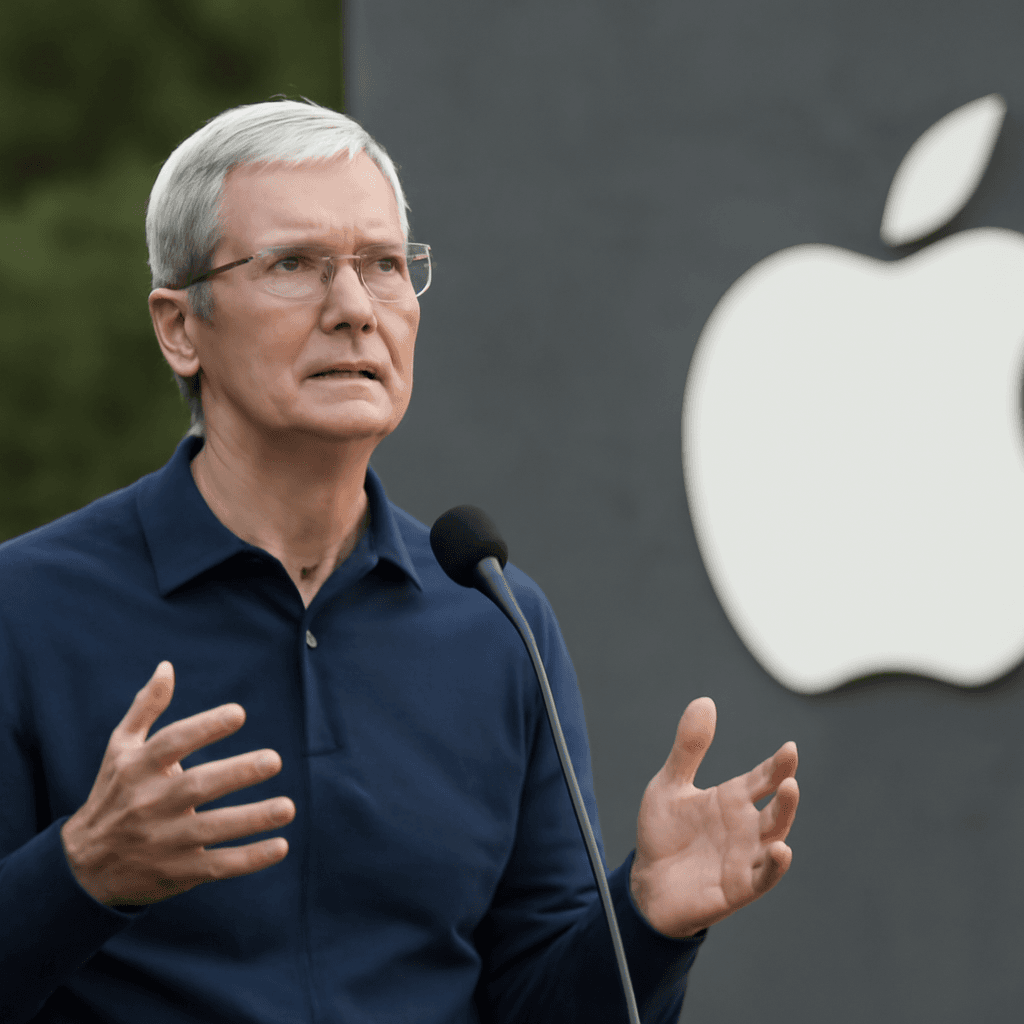Apple Fails to Halt App Store Reform Order
The 9th U.S. Circuit Court of Appeals has denied Apple's request to pause a federal judge's order mandating significant changes to its App Store policies. This ruling follows a protracted antitrust litigation initiated by Epic Games, the creator of Fortnite.
Details of the Court Order
In April, U.S. District Judge Yvonne Gonzalez Rogers found Apple in contempt for failing to comply with an existing injunction. The judge ordered Apple to:
- Cease certain practices aimed at circumventing the prior injunction.
- End the imposition of a 27% fee on app developers when customers complete purchases outside the App Store.
- Allow developers to include links directing users to external purchasing options.
This order intends to open the market to more competition and give developers more freedom in directing users to alternative payment methods.
Apple's Appeal and Epic Games' Response
Apple argued in its emergency appeal that the court's injunction interfered with its ability to control essential aspects of its business model and effectively forced it to offer certain services for free. However, the appeals court declined to grant a stay, allowing the order to take effect immediately.
Epic Games countered Apple's arguments by stating that the company's efforts are attempts to evade competition and sustain a fee structure that the judge had explicitly prohibited. Epic emphasized that since the injunction, the market has witnessed enhanced consumer choice, with app developers offering improved payment options and better deals.
Background of the Antitrust Lawsuit
Epic Games filed suit against Apple in 2020, challenging Apple's control over app transactions on iOS devices and the distribution of apps through its App Store. While Apple prevailed in many aspects of the litigation, the court ruled in 2021 that Apple must allow developers more freedom to guide consumers towards alternative and potentially less costly payment methods outside the App Store ecosystem.
Despite this, Apple initially resisted complying fully, prompting Judge Gonzalez Rogers to find the company in contempt. The judge further commented that Apple misled the court regarding its compliance efforts and referred Apple and one of its executives for possible criminal contempt investigation.
Implications for the App Store Ecosystem
This decision marks a significant development in the ongoing scrutiny of Apple's App Store policies. It potentially widens payment options for app developers and may influence future App Store revenue streams.
















